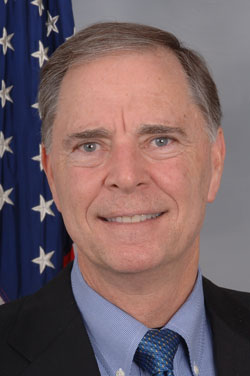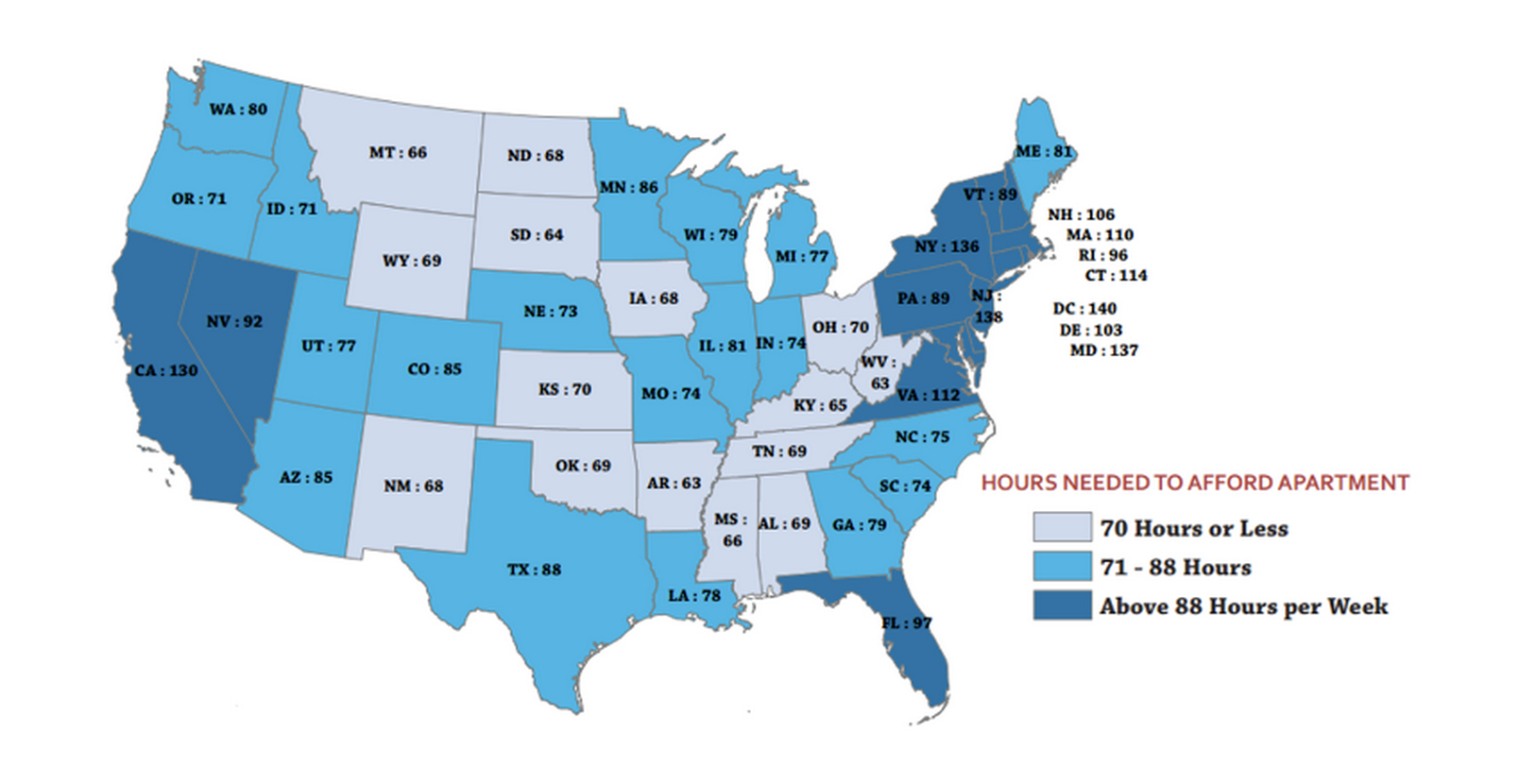Japanese culture has a phenomenon of
angry people flipping over their own dinner tables, usually men who are at severely frustrated.
I've noticed a similar, metaphorical response from the far left. When the reforms they support fail time after time, they declare that the system itself is broken and society has to fundamentally change, but they can't be bothered to present a working solution. They want to flip the table and start over, but they don't know where to go after that.
That's the only way to describe the message of
serial hack Naomi Klein, who is promoting her latest book
This Changes Everything: Capitalism vs. the Climate. Klein declares that we've run out of options and the only way to stop the greenhouse gas pollution behind climate change is to end capitalism and replace it with, well, uh, something else.
You see, she doesn't actually have a good solution in mind.
NPR's Tom Ashbrook read her book and recently tried to squeeze out of her what her actual solution is, but she weaseled out of it again and again.
I've meticulously tracked each time he asked her details about her vision for society, such as how it would function and why capitalism can't be a part of it.
The episode started with an interview with another guest about the climate protest, so it wasn't until
20 minutes and 21 seconds in when Ashbrook asked her to justify her thesis. Klein had just agreed with an anti-capitalist caller and said they need to get money out of politics and Ashbrook asked her to clarify, saying, "You want more than money out of politics, you want a different economic system."
She didn't answer that question.
Another called, Ted, challenged her position. He wanted something done about climate change, but wasn't convinced that ending capitalism was necessary. At
26 minutes and 38 seconds, Ashbrook said "This call goes kinds right to the heart of the issue because Ted says its not an issue of capitalism versus climate change; it's a false choice. You don't think so, why?"
Her response was: "Well like I said before, it's not that we can't have a healthy economy-" Ashbrook cut her off:
"You're not being straightforward there. You want a change of system. I read the book, it's very clear. Ted says you don't need one, please address that. Don't gloss it."
She declared, "The system is not capable of responding rationally." but didn't explain why before drifting off the subject.
At
31 minutes and 13 seconds, Ashbrook tried again. "Lay out in more detail for us what kind of transformation you see as necessary."
He made another attempt at
33 minutes and 10 seconds after Klein said radical solutions are need. Ashbrook followed that up with, "So if only radical solutions will work now, let's hear yours. Let us judge how radical it is."
At 35 minutes, 39 seconds he said, "If capitalism is the culprit then in your view, what's the alternative system that you're proposing?"
Now it became rapid fire. At 36 minutes and 32 seconds, Ashbrook said, "So paint the picture. If it's not that and it's not capitalism, what is it? what's the Naomi Klein vision of what would work here?"
Klein started a naive tale of Germany's Energiewende plan but left out the sticky details before Ashbrook said, "But Germany is still capitalist. So are you saying yes capitalism is fine, just do it the German style or are you saying something else. Are you ducking this question? I'm asking you to lay out of a vision of an alternative system."
Klein said she is not Lenin, and this is not a 10-point plan, so Ashbrook asked, "What is it though?"
He gave it one more attempt at
38 minutes and 29 seconds when he asked her about several policy changes she suggested. Ashbrook said, "So are you talking about going back to American capitalism circa 1975, 65, 55 when there was much more regulation, or something different?"
Finally at
40 minutes and 46 seconds in, with about five minutes left in the interview, Klein admitted she has no plan.
"In terms of sketching out exactly what the post-capitalist economy looks like, I will leave it to somebody else to write that book. That's not what this book is, I've never wanted to be Lenin, that's not who I am. I am first and foremost a reporter."
Her attempt to hide under the journalist mantle is worthy of mockery, but she already made this post long enough by making poor Tom ask her to back up her thesis over and over again.
Given the vigor of the green movement and its impressive success at influencing policy makers and capturing the public imagination, these ideas will help shape the world’s response to global warming. Klein’s book therefore provokes a disturbing question: having done so much to put the crucial issue of climate change on the agenda, does the Left have anything coherent to say about it?
One piece of wisdom Klein follows is that she knows calling her alternative "socialist" or "communist" will turn people off. She even declares that she isn't advocating socialism, as socialist states have caused many of the same environmental problems she wants to fix. But with nowhere left to turn, she hides behind vagueness and platitudes. Klein flips over the table, declares the system broken but offers no alternative.
This reminds me of two similar left-wing demagogues. There's last year's
angry, faux-intellectual rant from comedian Russell Brand, who boiled over about the state of the world, called for revolution, but declined to provide details of how his new utopia would operate. Dishearteningly, this caterwauling won him
enthusiastic followers.
Alternatives to capitalism are stuck in a bind. If they try to be specific, they will be exposed as dangerous nonsense because of humanity's recent experiences with socialism. Their only other choice is to be vague, and in Klein's case, that's a flaw she is reluctant to discuss. Her response is to flip over the table and run away before the pieces are put back together.
And let's be honest here: Her primary concern is ending capitalism, not protecting the environment. Climate change is just the latest cause she is leeching off of to advance her real goal.
Read more...



